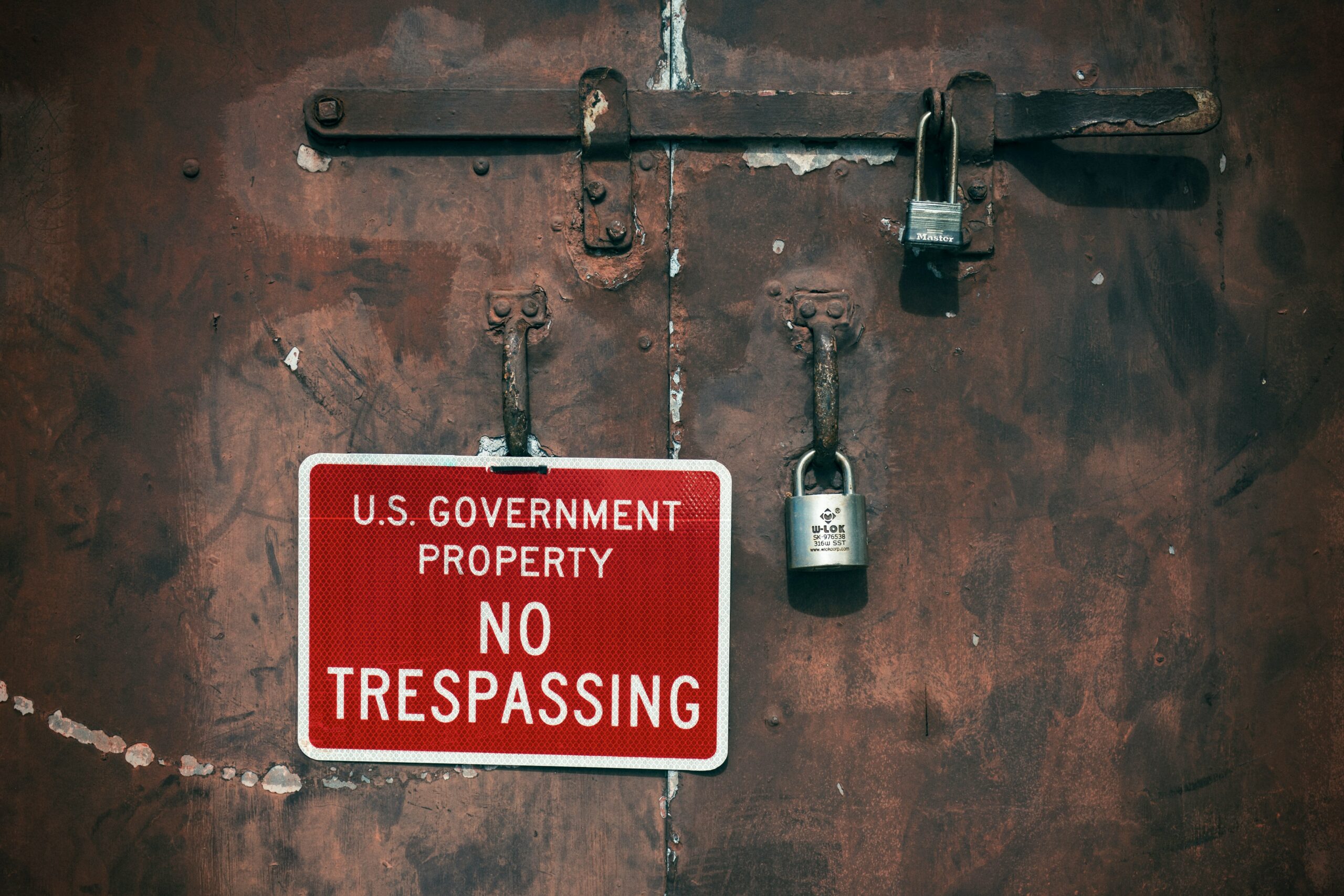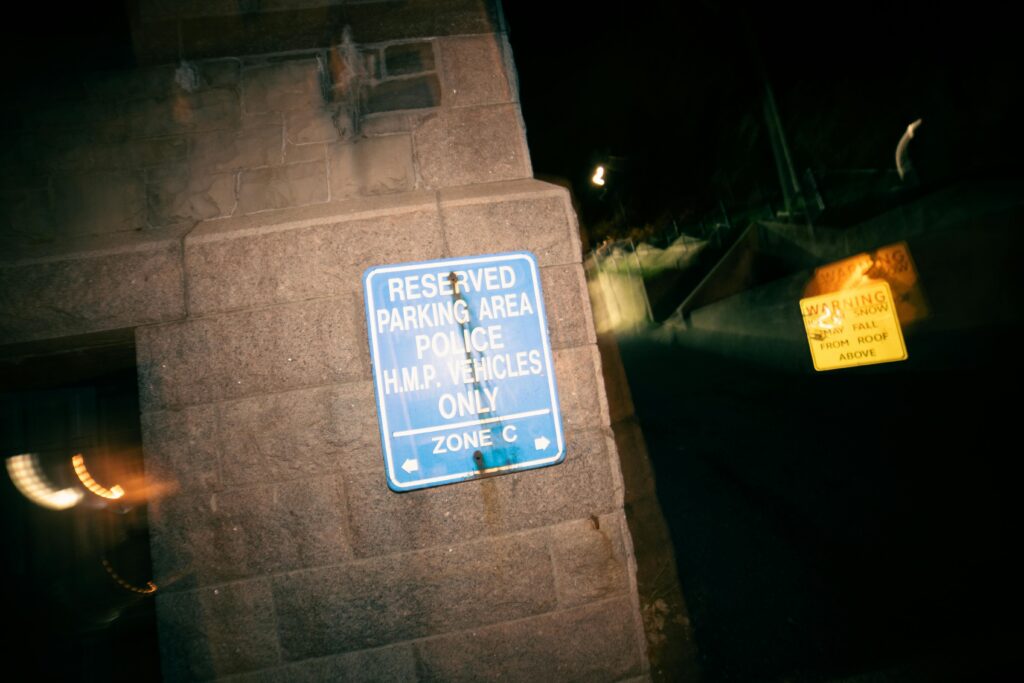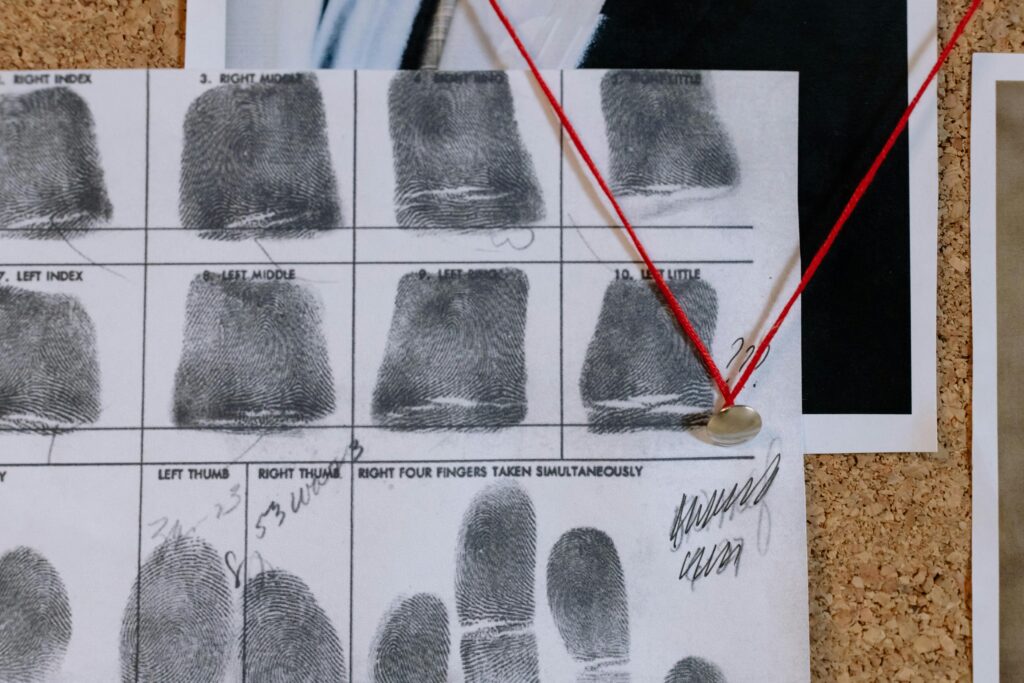“Ever wondered what to do if your vacation takes a turn for the worse? You’re not alone.”
Picture this: you’re sipping piña coladas on a beach, blissfully unaware that 20% of travelers experience some form of safety issue abroad each year. Whether it’s petty theft or something far scarier—kidnappings and ransom situations—it pays to be prepared. And no, we’re not talking about packing extra sunscreen. We’re diving into a critical but often overlooked lifeline: kidnap and ransom insurance. In this guide, we’ll unpack exactly why it matters, how to get it, and top travel safety tips with a focus on “Travel Safety Tips FAQs.” Let’s roll.
Table of Contents
- Key Takeaways
- The Problem With Travel Safety Myths
- How to Get Kidnap and Ransom Insurance
- Travel Safety Best Practices
- Real-World Examples of Safe Travelers
- FAQs About Travel Safety Tips
Key Takeaways
- Kidnap and ransom insurance is more affordable than you think—and could save your life.
- Travel safely by researching destinations, keeping digital copies of important documents, and avoiding solo adventures in risky areas.
- “Travel Safety Tips FAQs” help demystify common misconceptions about personal security abroad.
The Problem With Travel Safety Myths
I once thought, “Why bother? I’m just going on a short trip.” Then I ended up missing my passport renewal deadline—and nearly missed my flight too. Ever felt like trusting your gut was enough? Well, spoiler alert: gut feelings don’t stop bad guys. Here are three dangerous myths:
- Myth #1: “It won’t happen to me.” Guess what? Statistics say otherwise.
- Myth #2: “Insurance is useless.” Unless you want to pay out-of-pocket for emergencies.
- Myth #3: “Travel guides cover everything.” Newsflash—they barely scratch the surface when it comes to personal finance tools like kidnap and ransom coverage.
Sure, these sound obvious now, but hindsight really is 20/20.

How to Get Kidnap and Ransom Insurance
If you’re ready to level up your travel prep game, here’s how to snag kidnap and ransom insurance without losing sleep:
Step 1: Assess Your Risk Level
Different trips carry different risks. A weekend getaway to Paris has less risk compared to backpacking through remote regions in Southeast Asia.
Step 2: Compare Providers
Look for companies specializing in personal finance products tailored to frequent travelers. Pro tip: Read customer reviews for real talk.
Step 3: Add It to Your Policy
Many insurers bundle this type of coverage with other travel policies, so ask specifically about kidnap and ransom clauses.

Travel Safety Best Practices
Optimist You: *“I can handle anything!”*
Grumpy You: *“Yeah, right. Only if coffee’s involved.”*
Jokes aside, follow these golden rules:
- Tell someone your itinerary. Seriously, text mom—or anyone reliable.
- Avoid flashing valuables. That shiny watch screams “steal me.”
- Carry cash—but not ALL your cash. Split it between bags or clothing pockets.
Pro-level move: Use apps like Google Maps offline to avoid drawing attention while looking lost.
Real-World Examples of Safe Travelers
Take Sarah, a globetrotter who survived an attempted robbery thanks to her quick thinking (and hidden stash of emergency cash). Or John, whose family was reimbursed entirely after he activated his kidnap and ransom clause during a hostage situation abroad.

FAQs About Travel Safety Tips
What Are Some Must-Have Items for Travel Safety?
Pack portable door locks, noise-canceling headphones for awareness, and a decoy wallet filled with expired cards.
Is Kidnap Insurance Worth It?
Absolutely. It offers peace of mind and financial protection for worst-case scenarios.
Can I Buy This Insurance Last Minute?
Sometimes, yes—but buying early ensures full coverage before potential incidents arise.
Conclusion
You’ve got the facts, the fails, and even the haikus to back them up:
Risks lurk overseas, A smart plan keeps you grounded. Stay safe, explore wise.
(P.S. Kidnap and ransom insurance isn’t just smart—it’s “chef’s kiss.”)



